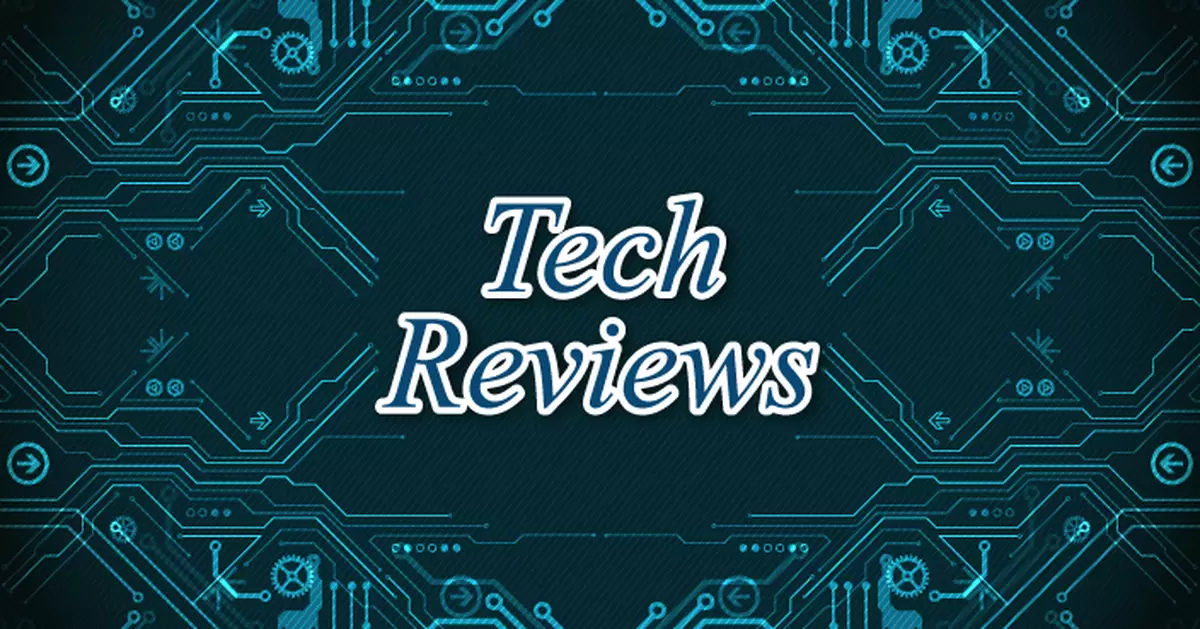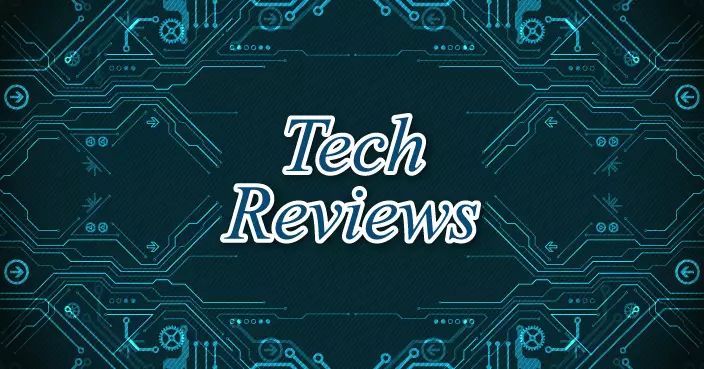The world's moved on - America's June riots shocked everyone, and the 'Harvard New Girl' saga has become yesterday's news. Yet the BBC has only just gotten around to tackling this spectacular PR disaster. Yesterday, BBC's Chinese service dropped a mammoth 6,000-word piece titled "I Felt Reality – The Full Story Behind Jiang Yurong's Harvard Speech Controversy" to explain the whole mess.
When Starbucks Gets a Reality Check
Let me pivot to another bit of news that's rather telling. Deutsche Welle reported that coffee giant Starbucks, facing brutal price competition in the Chinese market, announced cuts on dozens of drinks. But here's the kicker - facing Starbucks China's latest discount moves, Chinese netizens weren't impressed, saying "the price cut isn't enough" and "still terrible value for money." Starbucks, standing there looking rather forlorn, posted on WeChat: "Taking large cups as an example, the average price reduction is around 5 yuan. Customers only need a minimum of 23 yuan to enjoy a high-quality summer specialty drink in a comfortable and pleasant store environment." That phrase "minimum of only 23 yuan" particularly wound up netizens - and rightfully so.
China's Coffee Revolution vs. Western Arrogance
The reality is undeniable: China is becoming a coffee powerhouse. The report noted that domestic competitors like Luckin Coffee and Cotti are flogging drinks for as low as 9.9 yuan or even 8.8 yuan. Well-funded internet giants JD.com and Alibaba have also jumped into the delivery game, ramping up competition. Through promotions and coupons, Chinese coffee consumers can grab drinks for as low as 2.9 yuan. As Chinese consumers, the most obvious takeaway is just how obscene foreign coffee profit margins really are - we don't need to ask about anything else.
This brings us back to Jiang Yurong's tone-deaf performance. Her speech included this particularly polished bit of parallel structure: "If there’s a woman anywhere in the world who cannot afford a period pad, it makes me poor; if a girl skipped school out of fear of harassment, that threatens my dignity." These words were absolutely slammed on the mainland as hollow virtue-signaling, revealing that classic "let them eat cake" arrogance. You could say this, along with Starbucks' "minimum of only 23 yuan," represents the same kind of PR-gone-preachy disaster.
Here's what really gets me: Western media shouldn't lazily attribute China's competitive advantages to "state subsidies" or "unfair corporate competition." China has genuine innovation - not just in tech, but take Luckin's brilliant "Moutai Latte" collaboration with Guizhou Moutai. That was a masterclass in marketing creativity that no amount of subsidies could have dreamed up.
America's Systemic Breakdown Exposed
America's problems can't be papered over with 6,000 words of text - the country is in a state of "systemic failure." Problem one: the American government is bankrolled by capitalists, so it only chases profits. Problem two: politicians only care about elections, excelling at emotional manipulation to bag votes and grab power. None of them actually serve the people. During America's glory days, these flaws weren't obvious - or perhaps they were manageable - but now it's far too late for any meaningful recovery.
California Governor Gavin Newsom perfectly embodies the "American smart guy" archetype. Facing the Los Angeles riots, he struck his righteous pose, grandstanding against the federal government with his "Come at me!" routine. He pretends to have compassion for illegal immigrants - good grief, how can a governor possibly sidestep the basic legal framework of immigration?
What's more, Newsom typically just focuses on looking the part. During this year's Los Angeles fires, disaster victims demanded answers: Why were the fire hydrants in that area bone dry? Reporters pressed: Did that $17.6 million cut to California's fire department cause these problems? Newsom couldn't answer and simply turned around and walked away. Classic.
Honestly, I'm starting to question the caliber of American university education. While Newsom isn't a Harvard grad, I'm beginning to think Trump's plan to redirect funding toward vocational training might actually have some merit.
Finally, still not satisfied, let me borrow the closing line from Stephen Chow's "Hail the Judge": "What are these people?" "Democracy and freedom." "Wow, democracy and freedom - how bloody impressive indeed!"
Deep Blue
** The blog article is the sole responsibility of the author and does not represent the position of our company. **
Wang Yi just put the world on notice. "The international situation is getting more turbulent and intertwined," he said. "Unilateral bullying is intensifying. The sudden change in Venezuela has drawn high level of attention from the international community."
He then added: "We never believe that any country can play the role of world policeman, nor do we agree that any country can claim itself to be an international judge."
This isn't diplomatic chitchat. Wang Yi added that "the sovereignty and security of all countries should be fully protected under international law." It's a warning shot fired directly at Trump's so-called "New Monroe Doctrine"—and it signals China will push back hard against neo-colonialism. One story from China's past shows exactly what that means.
The Incheon Gamble
In mid-September 1950, MacArthur pulled off the audacious Incheon landing—later hailed as "the most successful gamble" in military history. He bet everything on one card: that North Korean forces would be lax defending a port with terrible geography. The bet paid off. US forces achieved total surprise, cut enemy supply lines, and reversed the early disasters of the Korean War.
The Korean Peninsula was strategically vital to both China and the Soviet Union. They planned to back North Korea. At 1:00 a.m. on October 3, Zhou Enlai urgently summoned K. M. Panikkar, India's ambassador to China. His message was blunt: "If US forces cross the 38th parallel, we cannot stand by—we will have to step in."
The CCP's official Party history records this moment and emphasizes one critical word: "管" (to intervene). The Chinese term posed a translation challenge. If the wording was too soft, the Americans might miss China's intent. So Premier Zhou asked his foreign affairs secretary, Pu Shouchang, to choose carefully. Pu used "intervene"—making China's intention crystal clear. China would step in and interfere. The message reached Washington quickly through India. Yet "the US side chose to ignore it, and US forces brazenly crossed the 38th parallel on October 7."
Crossing the Yalu
American troops didn't just cross the 38th parallel—they surged in force toward the Yalu River and raced along the China-North Korea and North Korea-Soviet borders to the Tumen River. What happened next? On October 19, 1950, the Chinese People's Volunteers crossed the Yalu River. After five successive campaigns, they drove UN forces back from the Yalu area to near the 38th parallel.
On July 27, 1953, China, North Korea, and the UN Command signed the Korean Armistice Agreement. Many believe Mao Zedong's decision to send troops delivered China a stunning victory—a weaker power defeating a stronger one. People now say China "won so hard it felt unreal."
MacArthur—that "godlike general"—couldn't let it go. After his success at Incheon, the more he thought about it, the more he wanted to expand his gains. He proposed a radical escalation to Washington: first, blockade China's coast; second, use naval and air power for unlimited bombing to completely destroy China's industrial production and infrastructure; third, bring in Nationalist (KMT) forces to "retake the mainland" and tie China down. Then fourth, MacArthur went even further with a wild proposal—drop 20 to 30 atomic bombs on China and create a radioactive "death zone" along the Yalu River between China and North Korea.
Trump's MacArthur Moment
Today's Trump thinks arresting Venezuela's president and his wife means he can bulldoze the whole world. One moment he talks about "taking over" Venezuela. The next he claims he can make personnel arrangements for that country, sending Marco Rubio to serve as a "governor." Meanwhile, US oil giants are poised to "swallow up" Venezuela's petroleum assets. Trump's ambition follows the same logic as MacArthur's back then.
MacArthur's recklessness enraged America's allies. They feared World War III. More importantly, the Soviet Union—which also possessed atomic weapons—was deeply dissatisfied with the US and warned that "bombs can be answered with bombs." President Truman faced an impossible choice: keep his war hero or keep the peace. He chose peace. On April 11, 1951, Truman fired MacArthur—ending the career of America's most celebrated general. MacArthur became one of the century's biggest cautionary tales.
The lesson is simple, direct, and brutal. Trump thinks everyone is scared of him and that he can keep throwing out ever more outrageous "deals" at will. That will invite disaster—because it crosses the tolerance threshold of the great-power balance. The major powers will have to "intervene."
How will they intervene? Great powers have many tools in their toolbox. Think of Schrödinger's cat—you open the box yourself and you'll find out the outcome. This isn't a joke. Do you dare try?







